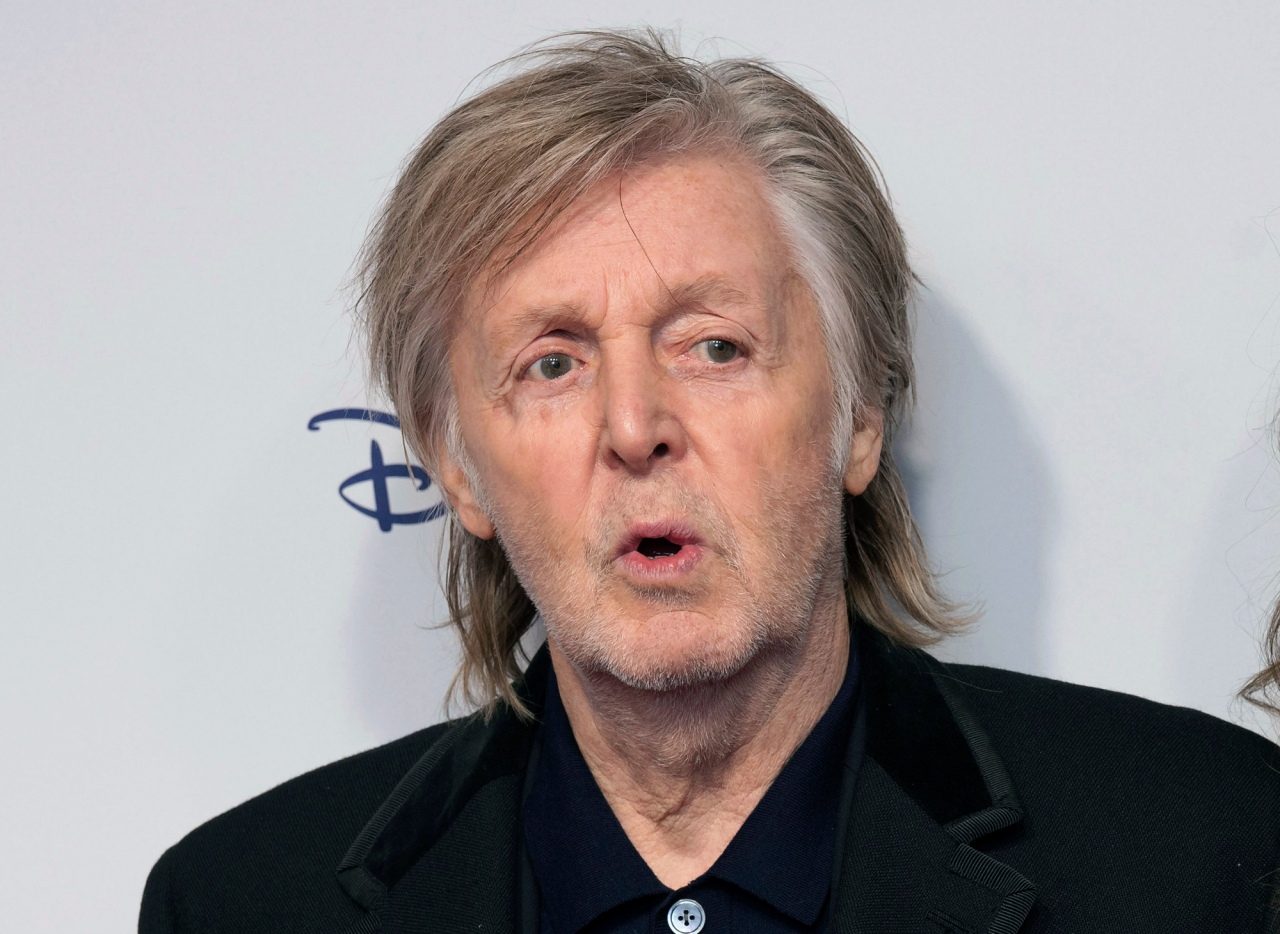
Artificial intelligence has been used to extract John Lennon’s voice from an old demo to create “the last Beatles record,” decades after the band broke up, Paul McCartney said Tuesday.
McCartney, 80, told the BBC that the technology was used to separate the Beatles’ voices from background sounds during the making of director Peter Jackson’s 2021 documentary series, “The Beatles: Get Back.” The “new” song is set to be released later this year, he said.
Jackson was “able to extricate John’s voice from a ropey little bit of cassette and a piano,” McCartney told BBC radio. “He could separate them with AI, he’d tell the machine ‘That’s a voice, this is a guitar, lose the guitar’.”
“So when we came to make what will be the last Beatles record, it was a demo that John had that we worked on,” he added. “We were able to take John’s voice and get it pure through this AI so then we could mix the record as you would do. It gives you some sort of leeway.”
McCartney didn’t identify the name of the demo, but the BBC and others said it was likely to be an unfinished 1978 love song by Lennon called “Now and Then.” The demo was included on a cassette labeled “For Paul” that McCartney had received from Lennon’s widow, Yoko Ono, the BBC reported.
McCartney described AI technology as “kind of scary but exciting,” adding: “We will just have to see where that leads.”
The same technology enabled McCartney to “duet” virtually with Lennon, who was murdered in 1980, on “I’ve Got a Feeling” last year at Glastonbury Festival.
Holly Herndon, a multidisciplinary artist with a doctorate in composition from Stanford University, used nascent AI machine technology on her last album, 2019’s “Proto,” and developed Holly+, an online protocol that allows the public to upload tracks to be reinterpreted and performed by a deepfake version of her voice. She theorizes that the Beatles’ recording was likely created using a process called “source separation.”
“Source separation has become much easier to do with machine learning. This allows you to extract a voice from a recording, isolating it so that you might accompany it with new instrumentation,” she explains.
That differs from a deepfake vocal. “A deepfake is an entirely new vocal line spawned from a machine learning model trained on old vocal lines,” she said. “While it does not appear to be happening in this example, it is now possible to spawn infinite new media from analyzing older material, which is a similar process, in spirit, to this song.”
McCartney is set to open an exhibition later this month at the National Portrait Gallery in London featuring previously unseen photographs that he took during the early days of the Beatles at the start of “Beatlemania,” when the band rose to worldwide fame.
The exhibition, titled “Eyes of the Storm,” showcases more than 250 photos McCartney took on his camera between 1963 and 1964 — including portraits of Ringo Starr, George Harrison and Lennon, as well as Beatles manager Brian Epstein.
Suggest a Correction
